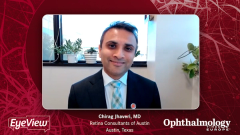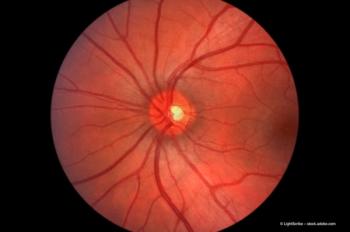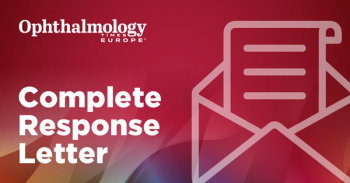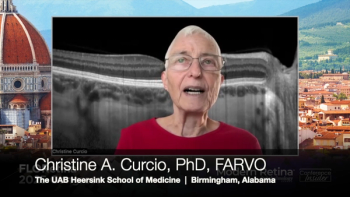
PDS in Retinal Diseases: Practical Advice on Education and Training
Concise insight on education and training strategies that will optimize use of the port delivery system in retinal diseases.
Transcript:
Chirag Jhaveri, MD: As we all start performing more of these surgeries, since it is now approved for the use of neovascular AMD [age-related macular degeneration], it is going to be very important to review videos prior to implantation of the PDS [port delivery system] in our patients. In addition, there are surgical simulators that can give you great hands-on experience. I anticipate many of these simulators to be available at many of our meetings, including ASRS [the American Society of Retina Specialists] and AAO [American Academy of Ophthalmology]. It’s also very important to have a good relationship with your surgical device liaison. These individuals are going to be very helpful in guiding you through your first few surgeries. They will be present as needed in your operating room, and they will definitely be there for your first few cases. I highly recommend utilizing them, as they’re wonderful resources to help guide you through your first few cases.
The surgical device liaisons are individuals who you can get in touch with through the company representatives. They are individuals who are there for your resource, and to help guide you in learning any of the tips, pearls, and steps that you would like to discuss for the PDS implantation.
A detailed description of both the implantation and the refill is going through publication approval. These will also have associated videos. In addition, if you would like more videos, you can also discuss this with your surgical device liaison, and they’re happy to provide additional teaching techniques and videos.
Transcript edited for clarity.
Newsletter
Get the essential updates shaping the future of pharma manufacturing and compliance—subscribe today to Pharmaceutical Technology and never miss a breakthrough.





























